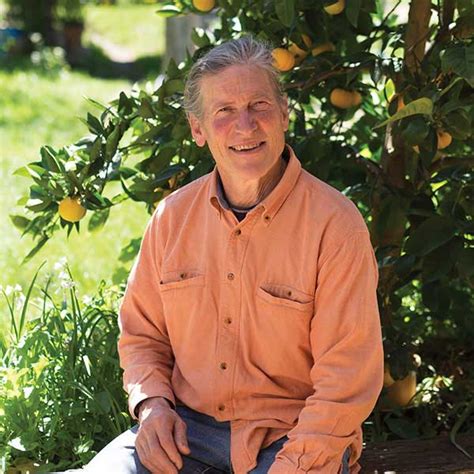A Quote by Robert Kennedy
Industrial agriculture now accounts for over half of America's water pollution.
Quote Topics
Related Quotes
Industrial agriculture now accounts for over half of America's water pollution. Two years ago, Pfiesteria outbreaks connected with wastes from industrial chicken factories forced the closure of two major tributaries of the Chesapeake and threatened Maryland's vital shellfish industry. Tyson Foods has polluted half of all streams in northwestern Arkansas with so much fecal bacteria that swimming is prohibited. Drugs and hormones needed to keep confined animals alive and growing are mainly excreted with the wastes and saturate local waterways.
If you visit American city, You will find it very pretty. Just two things of which you must beware: Don't drink the water and don't breathe the air. Pollution, pollution, They got smog and sewage and mud. Turn on your tap and get hot and cold running crud. See the halibuts and the sturgeons Being wiped out by detergents. Fish gotta swim and birds gotta fly, But they don't last long if they try. Pollution, pollution, You can use the latest toothpaste, And then rinse your mouth with industrial waste.
The reductionist measure of yield is to agriculture systems, what GDP is to economic systems. It is time to move from measuring yield of commodities, to health and well-being of ecosystems and communities. Industrial agriculture has its roots in war. Ecological agriculture allows us to make peace with the earth, soil and the society.
Yet if you go to the supermarket and look at food that's produced through industrial agriculture, look at what's happened to the prices. Have they been going down? They've been going up and they will continue to go up. So the choice is either, do we hitch onto a system of agriculture that's doomed and will doom the planet with it, and go along the route of industrial agriculture, or do we want to shift to a kind of system that we know is going to be, in the long run, cheaper, because we'll have a planet left at the end of it? We need to factor that cost in.


































